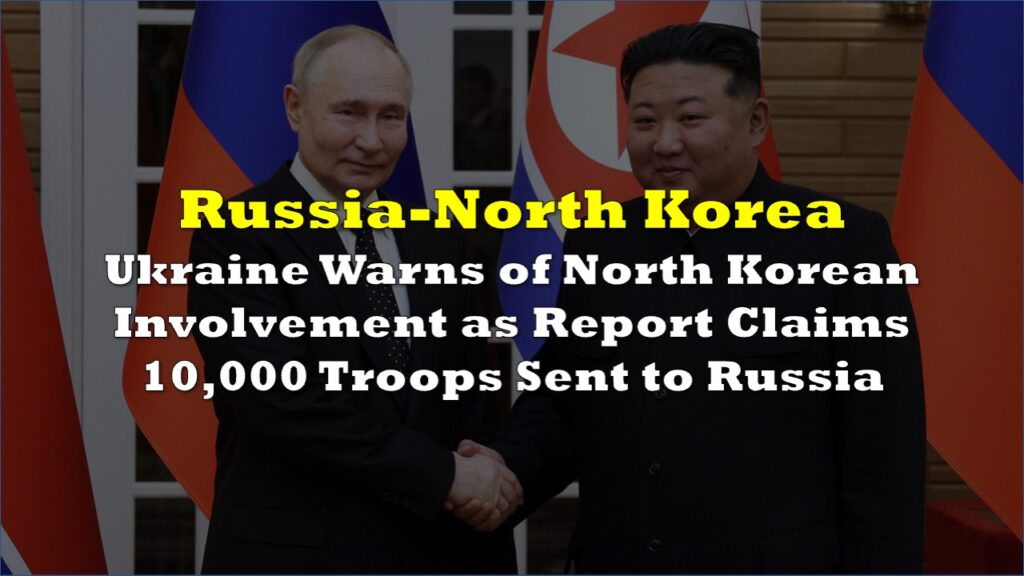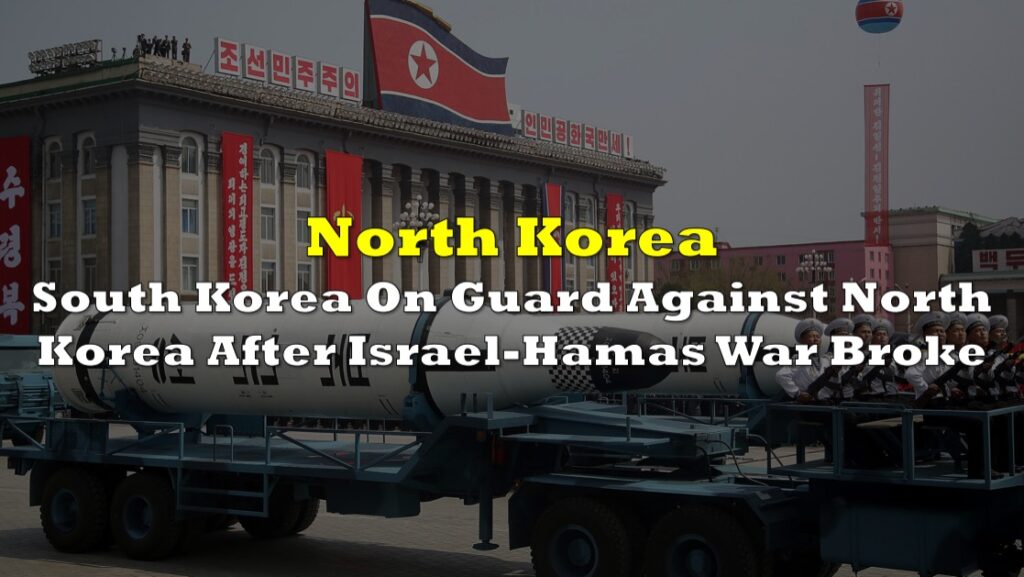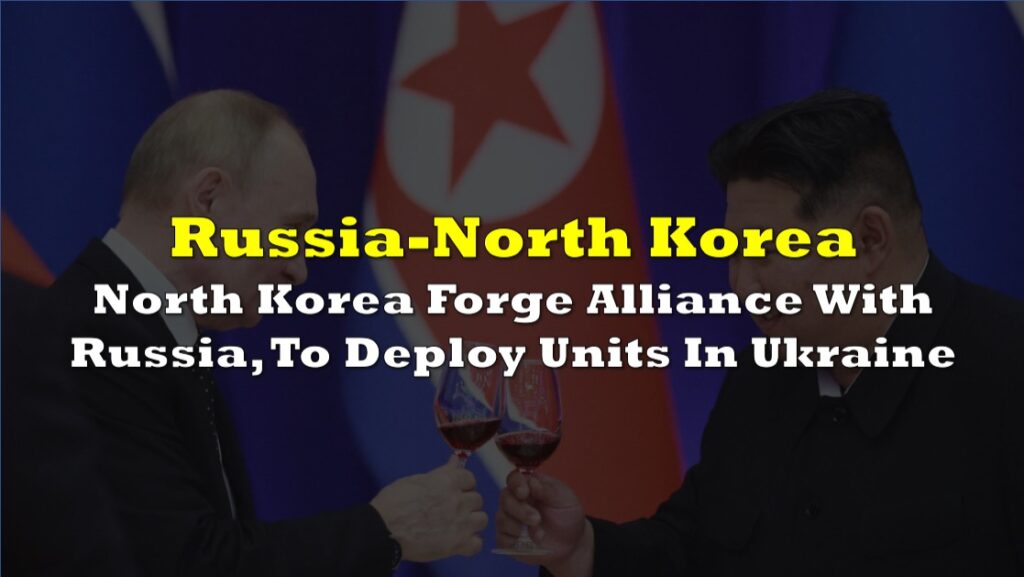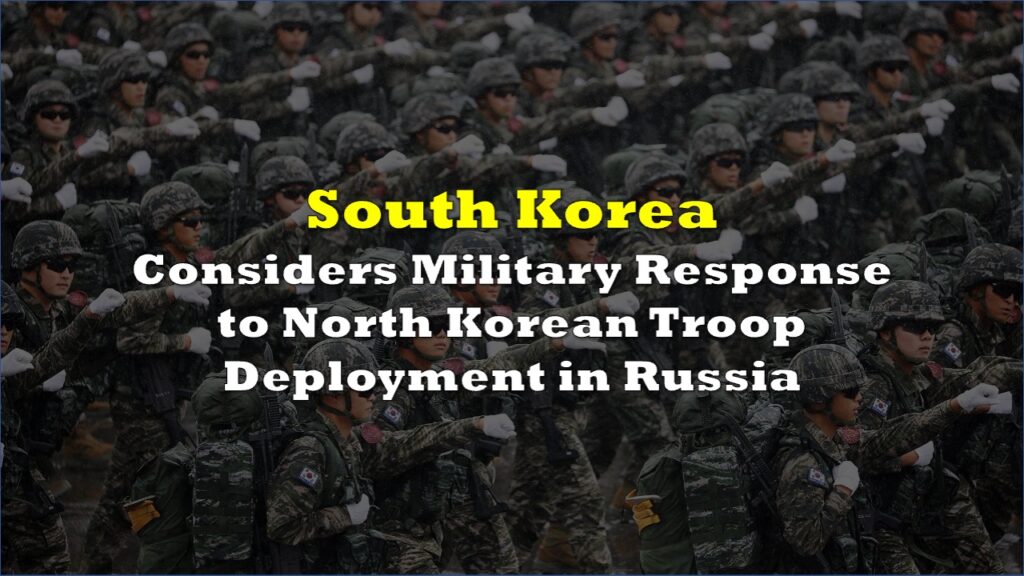In a display of international unity, eleven major global powers—including the United States, United Kingdom, European Union, Australia, Canada, France, Germany, Italy, Japan, South Korea, and New Zealand—have issued a joint statement condemning North Korea’s deployment of troops to support Russia’s invasion of Ukraine.
Despite this united front, however, some experts question whether this strong language will translate into substantive action or if, as critics fear, it will ultimately remain rhetoric in the face of a rapidly escalating conflict.
The coalition’s statement, released on November 7, 2024, voiced “grave concerns” about North Korea’s involvement, as thousands of Democratic People’s Republic of Korea (DPRK) troops have reportedly joined Russian forces on the front lines. For North Korea to intervene so directly, officials warn, signals a potential turning point in the war with global security ramifications, particularly for European and Indo-Pacific stability.
“We condemn in the strongest possible terms the increasing military cooperation between the DPRK and Russia, including the DPRK’s export and Russia’s unlawful procurement of DPRK ballistic missiles in breach of multiple UN Security Council resolutions,” the statement read, characterizing this alliance as a “dangerous expansion of the conflict.”
READ: Full Statement on the DPRK’s Deployment of Troops to Russia 👇
— Alex Raufoglu (@ralakbar) November 6, 2024
"We, the Foreign Ministers of Australia, Canada, France, Germany, Italy, Japan, Republic of Korea, New Zealand, the United Kingdom, the United States and the High Representative of the European Union…
However, despite the urgent tone, some observers suggest that a lack of concrete countermeasures makes these proclamations feel more symbolic than effective. Critics have pointed out that previous statements condemning North Korea’s military actions have often lacked tangible follow-through.
International Law at Stake
The joint statement denounced both North Korea’s direct support for Russia and Russia’s evident willingness to violate UN sanctions by acquiring ballistic missiles and munitions from Pyongyang. Yet despite the firm language, some analysts argue that without a clear path to enforcement, the response remains symbolic.
Russia’s procurement of North Korean arms not only breaches international sanctions but highlights an apparent disregard for the authority of the UN Security Council itself. As such, critics argue, any additional resolutions or sanctions would likely be met with defiance rather than compliance.
A particularly concerning aspect of the joint statement is the potential transfer of nuclear or ballistic missile technology from Russia to North Korea. Such a development could pose a serious threat to East Asia’s stability, especially as North Korea continues to build its nuclear capabilities.
Indeed, past instances of North Korean defiance—such as repeated missile tests despite widespread condemnation—suggest that mere words may fall short of prompting a tangible response. Without substantive actions like enforcing stronger sanctions or blocking financial networks that support Pyongyang, analysts warn that the statement may only amount to a diplomatic gesture.
Some analysts question if North Korea’s support for Russia could prompt NATO to adopt a more interventionist approach. Calls for stronger action against Russia are mounting, with some asserting that the involvement of North Korean troops could warrant a reconsideration of NATO’s engagement strategy. However, NATO’s cautious stance on direct intervention has remained firm, a reality critics argue underscores the limitations of Western responses.
While military analysts say that NATO’s options are severely constrained by the need to avoid direct confrontation with Russia, many observers argue that this measured approach has allowed Russia and now North Korea to push boundaries without serious repercussions. NATO’s reluctance to directly engage in Ukraine, despite its professed support, has led some to view its promises of coordinated response as little more than diplomatic formalities.
As Russia continues to depend on North Korean support, some experts argue this alignment may backfire by pushing Moscow further into isolation. However, with both nations already heavily sanctioned and diplomatically isolated, it’s unclear what additional leverage the coalition can wield to compel compliance.
For Pyongyang, this new level of military support could be a calculated risk, one where North Korea benefits from Russian concessions with little fear of additional repercussions.
Information for this story was found via the sources and the companies mentioned. The author has no securities or affiliations related to the organizations discussed. Not a recommendation to buy or sell. Always do additional research and consult a professional before purchasing a security. The author holds no licenses.









